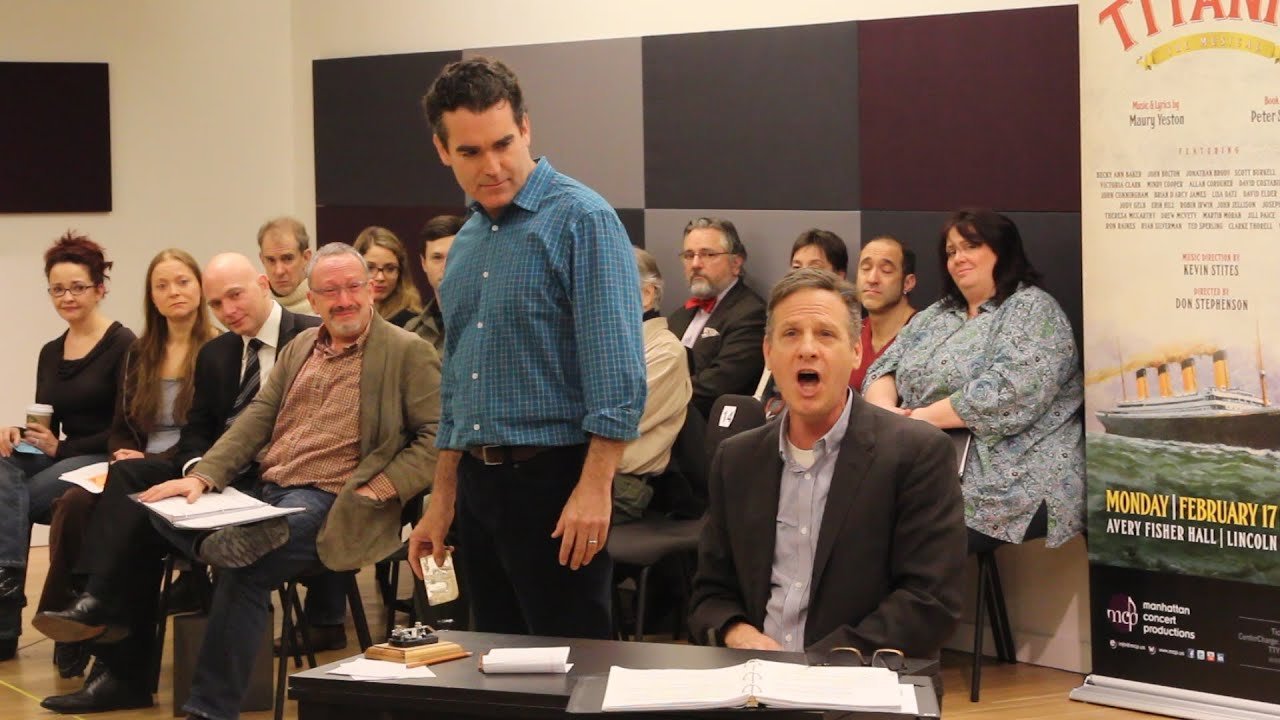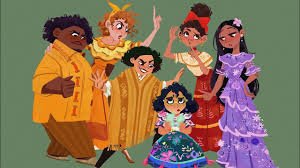His voice was smooth like butter and rich like velvet. Those deep resonant tones were so inviting and yet aloof. They drew you in but you always felt like you were walking into unknown territory. Not unwelcome, but definitely still a stranger in a strange land. It left you yearning for more, always wondering if you actually knew all you needed.
John “Johnny” Maurice Hartman was an American jazz singer who specialized in ballads. He sang and recorded with Earl Hines' and Dizzy Gillespie's big bands and with Erroll Garner. He is best remembered for his collaboration in 1963 with saxophonist John Coltrane, John Coltrane and Johnny Hartman, a landmark album for both him and Coltrane.
Born in Louisiana and raised in Chicago, Hartman began singing and playing the piano by the age of eight. He attended DuSable High School studying music under Walter Dyett before receiving a scholarship to the Chicago Musical College. He sang as a private in the Army's Special Services during World War II, but his first professional break came in September 1946 when he won a singing contest at the Apollo Theater earning him a one-week engagement with Earl Hines which lasted a year. His first recordings were with Marl Young during that time though it was his collaboration with Hines that gave him notable exposure. After the Hines orchestra broke up, Dizzy Gillespie invited him to join his big band for an eight-week tour of California in 1948. After leaving Gillespie, Hartman worked for a short time with pianist Erroll Garner before beginning a solo early in 1950.
After recording several singles with different orchestras, Hartman finally made a breakthrough in 1955 with the release of his first solo album, Songs from the Heart, for Bethlehem Records featuring a quartet led by trumpeter Howard McGhee. The album showcased Hartman's romantic and tender style of ballad singing. While tender ballads were his bread and butter, he was also capable of swinging. For his next album, All Of Me: The Debonair Mr. Hartman, also for Bethlehem, he worked with Ernie Wilkins' orchestra and the Frank Hunter Strings. Most of the songs on the album are ballads with a few up tempo numbers including the title track and the song “Birth Of The Blues."
Releasing two more albums with small, independent labels, Hartman got a career-altering offer in 1963 to record with John Coltrane. The album from that session, John Coltrane and Johnny Hartman is widely considered Hartman's best work. It is also Coltrane's only album with a singer. Its popularity led to Hartman recording four more albums with Impulse! and its parent label ABC, all produced by Bob Thiele, Coltrane's producer at Impulse. Hartman was dubious when, at Coltrane's request, Thiele approached him about working with Coltrane. "I didn't know if John could play that kind of stuff I did," he told writer Frank Kofsky a decade later. "So I was a little reluctant at first. John was working at Birdland, and he asked me to come down there, and after hearing him play ballads the way he did, man, I said, 'Hey ..., beautiful.' So that's how we got together." After the club closed, Hartman, Coltrane, and Coltrane's pianist McCoy Tyner, went over some songs together. Some time after the initial recordings, Coltrane returned to the studio to fill in some solo parts. The myth of additional tracks or alternate takes gained credibility when Impulse released an early pressing of the album without Coltrane's additions. They quickly replaced that album with the completed versions but some people, having heard both pressings and noticing more saxophone in places, assumed they were hearing entirely different takes rather than the same takes with added tracks.
Coltrane was very much in favor of recording a third album of ballads at that time and specifically sought out Hartman. Later, in an interview with Frank Kofsky, he said:
"I just felt something about him, I don't know what it was. I like his sound, I thought there was something there I had to hear so I looked him up and did that album. "
So today, with a wistful smile, I chose Johnny Hartman’s "In The Wee Small Hours Of The Morning" as my, remember the good, hold on to what you can, let go of what you must, song for a, find the light, look to the magic, live in the truth, Tuesday.







